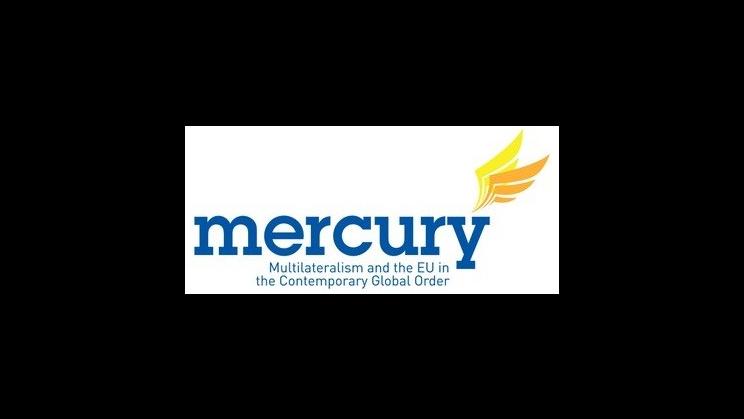Archived research
This page is for historical purposes and is no longer maintained
Trends in armed conflicts
The continuous critical analysis of violent conflicts around the world - their causes, dynamics and consequences - constitutes the core task of the programme. The principal output of this research is the chapter on trends in armed conflicts produced for the SIPRI Yearbook, but this work also feeds into the development of particular thematic research projects.
RESEARCH INITIATIVES
Legal and illegal circulation of weapons and natural resources has fuelled war in the Democratic Republic of Congo for more than a decade. While the war formally ended with the installation of a transitional government in 2003, arms continue to back-up claims to local natural resources.
The project has two components: one focussing on natural resource governance, and one focussing on arms transfers and control. These components are complementary. Unless the supply of arms is stemmed and use is controlled, resource sectors will stay infiltrated by militaries with dire consequences for human security and economic development.
The outsourcing of military services – developments range from support services (e.g. logistics, communications, technical support) and consultancy services (e.g. operational support, training, intelligence) to the provision of frontline combat capacities - has proliferated in the last decade.
LISBOAN (Linking Interdisciplinary Integration Studies by Broadening the European Network) is an “Erasmus Academic Network” of 68 institutes that runs for three years from 1 October 2010. The project ended on 1 October 2013.
MERCURY was a consortium of academic partners formed to examine critically the European Union's contribution to multilateralism. It explored multilateralism as a concept, an aspiration, and a form of international order. MERCURY was funded through the EU's Framework 7 programme, with a total budget of €1.963 million. It included nine institutional partners in Europe and beyond and ran for three years from February 2009.
